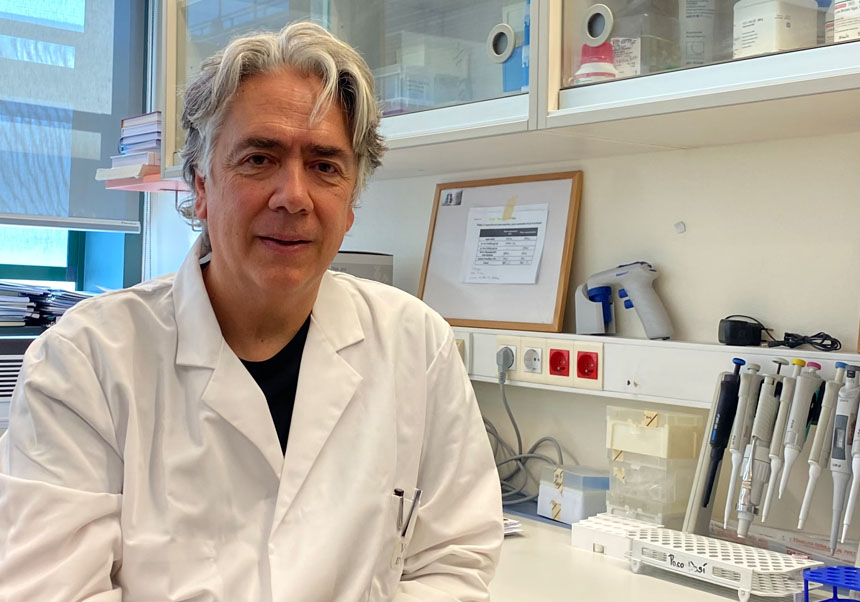Ecofeminism, pandemic and cultural crisis
- Office of the Principal
- June 26th, 2020
The COVID-19 pandemic has intensified not only the economic and social crisis but also the cultural crisis. In the words of Lucía Gómez, Professor of the Department of Social Psychology, it is a crisis of lifestyles, a crisis of civilisation.
The co-director of the Master's Degree in Gender and Equality Policies and one of the heads of the Chair of Feminist Economics, Professor Lucía Gómez, reminds us that for years, ecofeminisms have presented the conflict between "the fiction of an individualized and self-sufficient subject and the need to recognize our interdependent character as well as the vulnerability that constitutes us. It also emerges, according to Gomez, the crisis of care and the impossibility of continuing to place the reproductive space in the background to the productive one and the need to pay attention to the processes that sustain daily life.
It is a conflict between capital and life that also allows a criticism of the hetero-patriarchal and capitalist system that generates inequalities. A conflict, according to Lucía Gómez, that allows us to call for putting life in the center and to be able to ask ourselves what makes a life worth living. "To return to a normality that was precisely the problem that had made us insensitive to that which threatened life," explains Professor Lucía Gómez.
The co-director of the Master's in Gender and Equality Policies explains that it is necessary to recover a classic practice of feminism, which is to transform the private into the political, and this involves making collective and political readings, not individual ones, of experiences of tiredness, stress, overload, acceleration, uprooting? and "moving from an internalisation of our malaise to a politicisation of malaise".
Lucía Gómez appeals to the historical project of links that Rita Segato talks about in the face of "the imperative of consumption and private happiness, the invitation to spectacularize our life on the networks, the fact of living in a present without memory, without geneaology and without references".
File in: Unitat d'Igualtat , Càtedres , Recerca, innovació i transferència
















